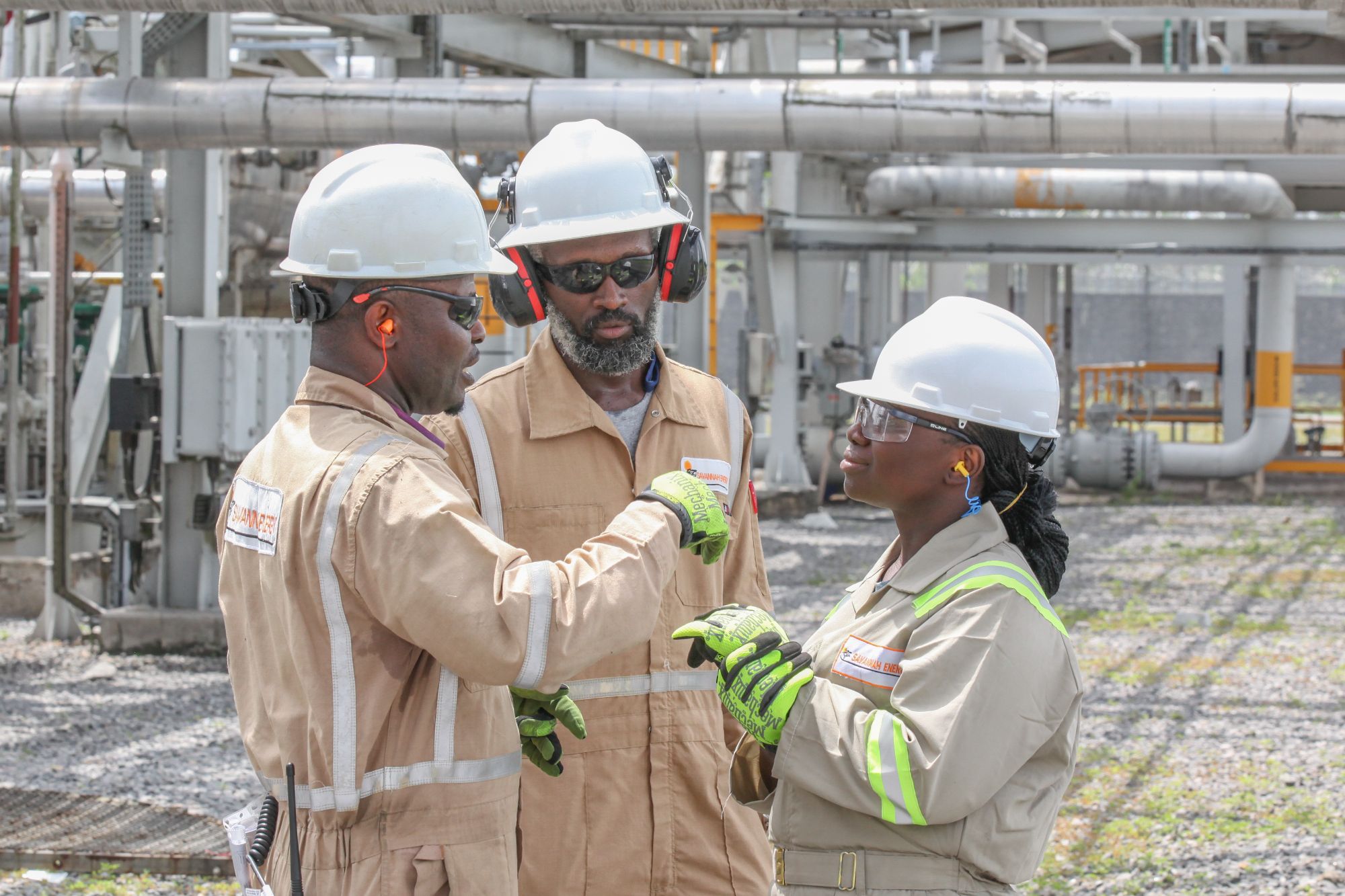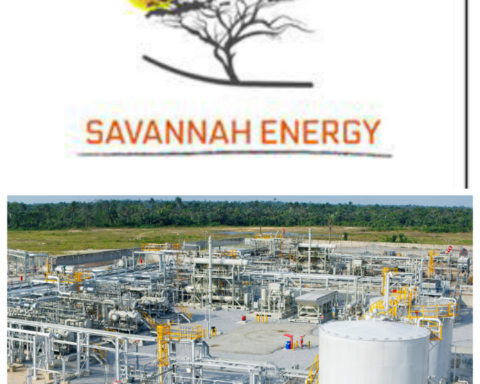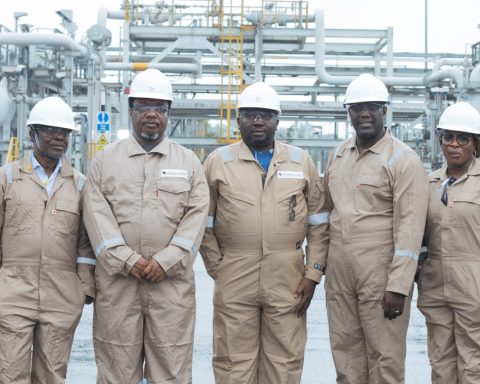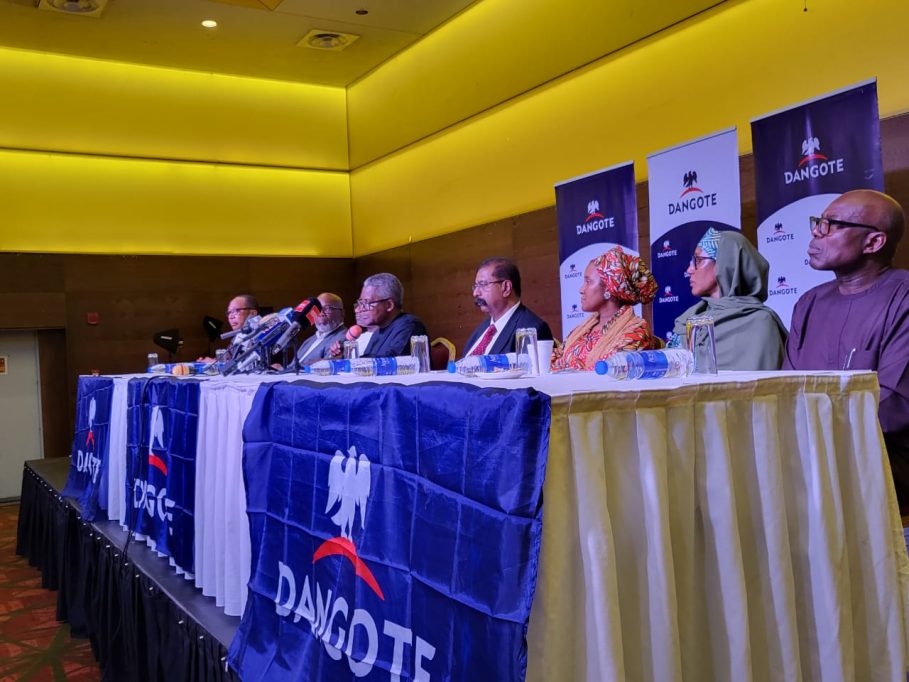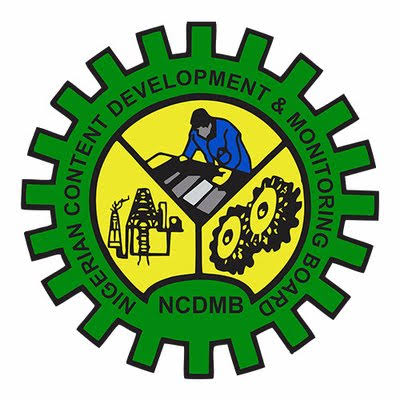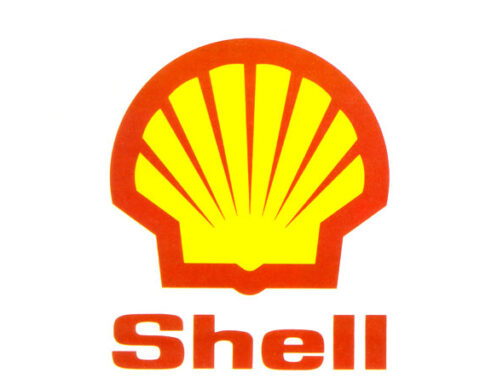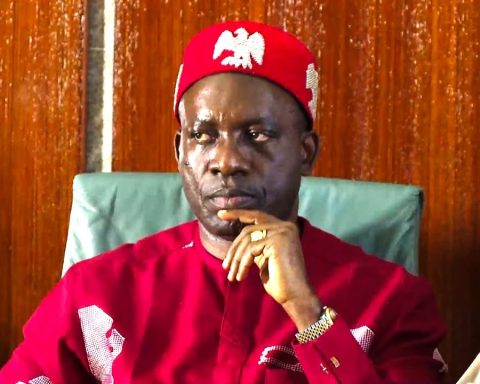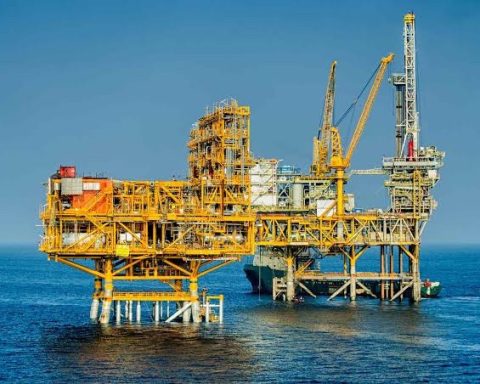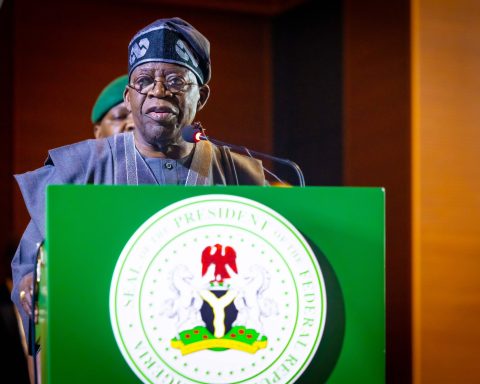Africa-focused energy firm Savannah Energy Plc has announced robust results for the nine months ended 30 September 2025, reporting improved revenues, stronger cash flows, and the onboarding of Nigerian energy conglomerate NIPCO Plc as a new strategic investor.
The company said it remains firmly on course to achieve its 2025 objectives, with notable progress in upstream operations, power-sector expansion, and financial restructuring.
Revenue, Cash Flow and Debt Performance
Savannah posted total revenues of US $185.2 million for the period, a 9 percent increase from US $169.3 million in the same period of 2024.
Join our WhatsApp ChannelUnaudited cash collections rose 5 percent to US $241.6 million, up from US $229.3 million a year earlier.
The company closed the third quarter with a cash balance of US $101.8 million, compared to US $32.6 million at the end of 2024.
Gross debt stood at US $731.7 million, while net debt fell slightly to US $629.9 million, from US $636.9 million at end-2024.
Savannah’s trade receivables totalled US $493.3 million, down 9 percent from US $538.9 million at year-end 2024, reflecting improved collections from gas customers in Nigeria.
Only US $41.4 million (6 percent) of the company’s total debt is recourse to the parent PLC, demonstrating what management described as “a conservative balance-sheet structure” that supports long-term stability.
Fundraising and NIPCO Strategic Investment
In the capital markets, Savannah raised approximately £11.3 million before expenses through a subscription of 161,061,510 new ordinary shares at 7 pence per share. The company expects to receive an additional £9.7 million from the final tranche of its March 2025 fundraising (138,977,614 shares) shortly.
As part of a broader recapitalisation strategy, Savannah is welcoming NIPCO Plc, one of Nigeria’s largest integrated downstream and infrastructure energy groups, as a strategic shareholder.
Under the arrangement, NIPCO will invest about £28.7 million in total and is expected to hold approximately 19.4 percent of Savannah’s enlarged share capital once all related share issues complete.
The partnership, the company said, “marks a significant vote of confidence in Savannah’s Nigerian operations and strengthens our domestic alignment as a leading gas-to-power and energy-transition player.”
Simultaneously, Savannah announced a conditional off-market share buy-back of up to 143,565,582 shares (representing about 6.8 percent of the enlarged capital), expected to be executed by 31 March 2026, subject to shareholder and regulatory approvals.
The company also plans to cancel warrants over approximately 101 million shares.
Upstream Operations in Nigeria and Niger
Savannah’s average gross daily production stood at 20.1 Kboepd (thousand barrels of oil equivalent per day), of which 85 percent was gas, compared with 23.0 Kboepd (88 percent gas) during the same period last year.
The firm attributed the marginal decline to temporary maintenance activities but confirmed that a production rebound is expected from early 2026, following new drilling campaigns and infrastructure expansion.
At the Stubb Creek Field, an 18-month expansion programme has raised production to 3.3 Kbopd, around 24 percent above the 2024 average.
Meanwhile, at the Uquo Field, Savannah completed the installation of a new gas compression system at the Uquo Central Processing Facility delivered safely and about 10 percent under its original US $45 million budget.
Construction is also advancing on the Uquo North-East (Uquo NE) development well, with a two-well campaign scheduled to begin in January 2026 and first gas expected by end-Q1 2026.
In Niger, Savannah is assessing a four-well testing programme and a potential return to exploration within its R1234 PSC contract area during 2026–2027, pending a satisfactory agreement with the government.
Power Division and Renewables Strategy
Savannah’s Power Division continues to grow as the company broadens its footprint in energy-transition assets across Africa.
During the period, Savannah signed a term sheet for a US $37.4 million debt facility to finance the proposed acquisition of a 50.1 percent interest in Klinchenberg B.V., a holding entity with indirect stakes in three East-African hydropower projects.
The portfolio includes:
- The 255 MW Bujagali hydropower plant in Uganda (a 13-year operational asset);
- A development-stage hydropower project in Malawi; and
- A planned regional facility in the DRC/Rwanda/Burundi corridor.
In parallel, Savannah is progressing its own renewable development projects, including:
- The Parc Éolien de la Tarka Wind Farm in Niger, targeting up to 250 MW, and
- The Bini à Warak hybrid hydro-solar project in Cameroon, expected to deliver up to 95 MW upon completion.
Management confirmed the company is also reviewing further thermal and renewable power acquisitions across Africa over the next 24 months.
Operational Outlook and Priorities
Savannah reaffirmed full-year 2025 production guidance of 19 – 20 Kboepd, with a material increase in gas output expected from Q2 2026 after the Uquo NE wells are tied in and higher oil throughput from Stubb Creek is realised.
The firm said it remains focused on nine strategic priorities set at the start of the year, including:
- Improving gas customer collections in Nigeria
- Completing debt refinancing
- Advancing targeted acquisitions
- Expanding renewable and power generation capacity and
- Enhancing shareholder value through disciplined capital management.
Savannah also noted that, depending on stronger collections or receipt of arbitration proceeds, the Board may consider a cash return to shareholders via tender offers or buy-backs.
Chief Executive Officer Andrew Knott said the results demonstrate “continuing operational resilience and strategic progress” across Savannah’s portfolio.
“We have made clear, measurable progress against our 2025 targets,” Knott said. “With NIPCO joining as a major Nigerian strategic investor, we are entering a new phase of domestic partnership that strengthens our gas-to-power leadership and long-term growth trajectory.
Our balance sheet is stronger, operations are efficient, and our transition strategy positions us as one of the most diversified independent energy companies on the continent.”
Strategic Significance
Analysts say Savannah’s expanding partnership with Nigerian investors and its improved balance sheet underscore the company’s commitment to Africa’s energy security and transition agenda.
While production volumes are slightly lower year-on-year, the company’s increased cash generation, declining receivables, and renewed focus on infrastructure suggest a pathway to sustained medium-term growth.
Savannah’s blend of gas monetisation, power generation, and renewable-energy projects particularly in Nigeria, Cameroon, and East Africa continues to reinforce its positioning as a key independent operator bridging Africa’s traditional and emerging energy markets.
Amanze Chinonye is a Staff Correspondent at Prime Business Africa, a rising star in the literary world, weaving captivating stories that transport readers to the vibrant landscapes of Nigeria and the rest of Africa. With a unique voice that blends with the newspaper's tradition and style, Chinonye's writing is a masterful exploration of the human condition, delving into themes of identity, culture, and social justice. Through her words, Chinonye paints vivid portraits of everyday African life, from the bustling markets of Nigeria's Lagos to the quiet villages of South Africa's countryside . With a keen eye for detail and a deep understanding of the complexities of Nigerian society, Chinonye's writing is both a testament to the country's rich cultural heritage and a powerful call to action for a brighter future. As a writer, Chinonye is a true storyteller, using her dexterity to educate, inspire, and uplift readers around the world.


